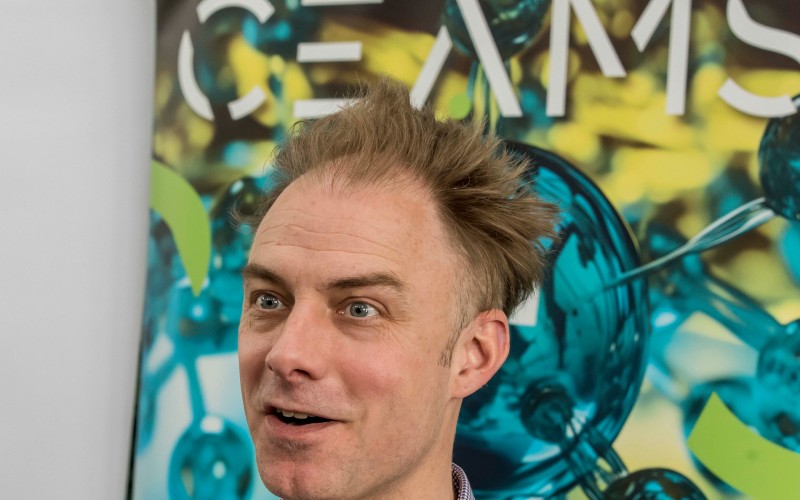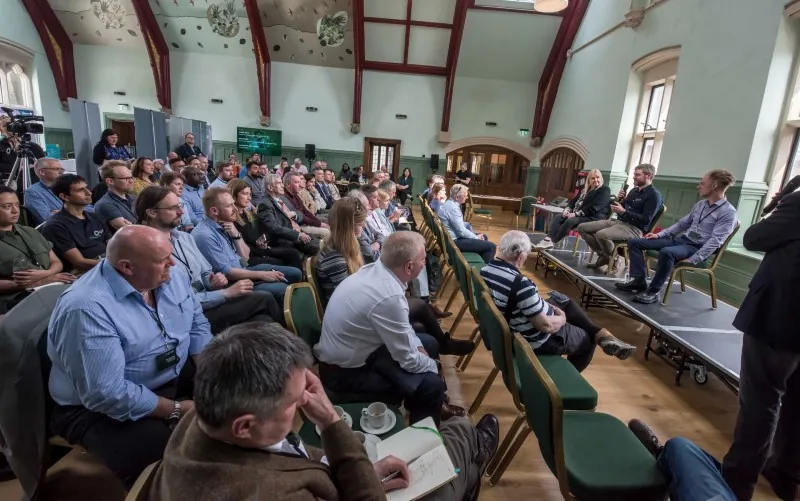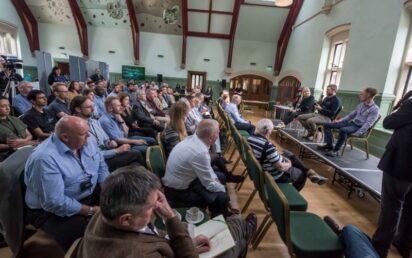A project that makes it easier for businesses to access world-class expertise and accelerate innovation has been praised.
CEAMS – Centre of Expertise in Advanced Materials and Sustainability – acts as a bridge between academic research expertise, commercial exploitation and scale-up.
Although there have been breakthroughs in the development of advanced sustainable materials, there are many barriers to companies adopting them.
The innovation support offered through CEAMS helps businesses to overcome barriers to adopting advanced sustainable materials to improve carbon emissions and comply with industry regulations.
CEAMS gives businesses access to the right experts to help with the research, commercialisation and the scale up they need.
The project’s partners are High Value Manufacturing Catapult (HVMC); CPI; Henry Royce Institute; The University of Manchester; Manufacturing Technology Centre (MTC); National Composites Centre (NCC); Advance Manufacturing Research Centre (AMRC); National Physical Laboratory (NPL); Rochdale Development Agency (RDA).
The work of CEAMS was showcased at a demonstration day held in the newly-refurbished Rochdale Town Hall.
Delegates heard first-hand from the co-founder of Chromition Digital Diagnostic Solutions, on the practical difference that CEAMS has made to his business.
Mark McCairn co-founded the company with Michael Turner in 2014 and its technology has enabled for the first time the rapid, precise and cost effective diagnosis of cancer in a single biopsy.

Mark McCairn, co-founder, Chromition
At the heart of Chromition are something called Luminspheres, which can diagnose diseases like cancer earlier from just one cancer cell.
Chromition has six core staff and approached CEAMS at the end of 2023 for help after hitting a roadblock.
McCairn explained: “Chromition is a developer of materials and what we needed to do was demonstrate those materials in a biological environment using various biological techniques.
“The University of Manchester has a wealth of expertise and equipment to do that but we didn’t know how to access it. It’s hard to navigate and that’s where CEAMS helped.”
As well as the University of Manchester, Chromition is now working closely with the Henry Royce Institute, the UK’s national institute for advanced materials research and innovation.
McCairn praised CEAMS for identifying the help his company needed and urged other companies to follow suit.
“However big or small your business is, there’s value in collaborating with CEAMS. They helped Chromition generate a data pack to further commercial discussions.”
Chromition recently secured funding from Innovate UK to develop technology to detect breast cancer from a liquid biopsy, like a blood sample.
McCairn said: “Our ultimate aim for Chromition is that our technology will enable routine blood samples to be taken and screened for cancer and detected at an earlier stage.”
He also said he hoped to base his business in Atom Valley, a well-connected innovation cluster, bringing together world-class research, manufacturing and materials on an area of land in Greater Manchester.
“We’re really waiting for Atom Valley to be built to create some wet laboratory space for us to be able to move into,” explained McCairn.
“I’m really keen to support Atom Valley and see what opportunities are available for chemistry laboratories or material sciences businesses.”
The event also heard from Alasdair Wood, programme manager of CEAMS at CPI; and Joanne Taylor, vice principal, apprenticeships and future skills at Hopwood Hall College.
For further information please contact: Michelle McHugh, business development manager m.mchugh@investinrochdale.co.uk / 01706 927045 / or visit: https://ceams.org.uk/


